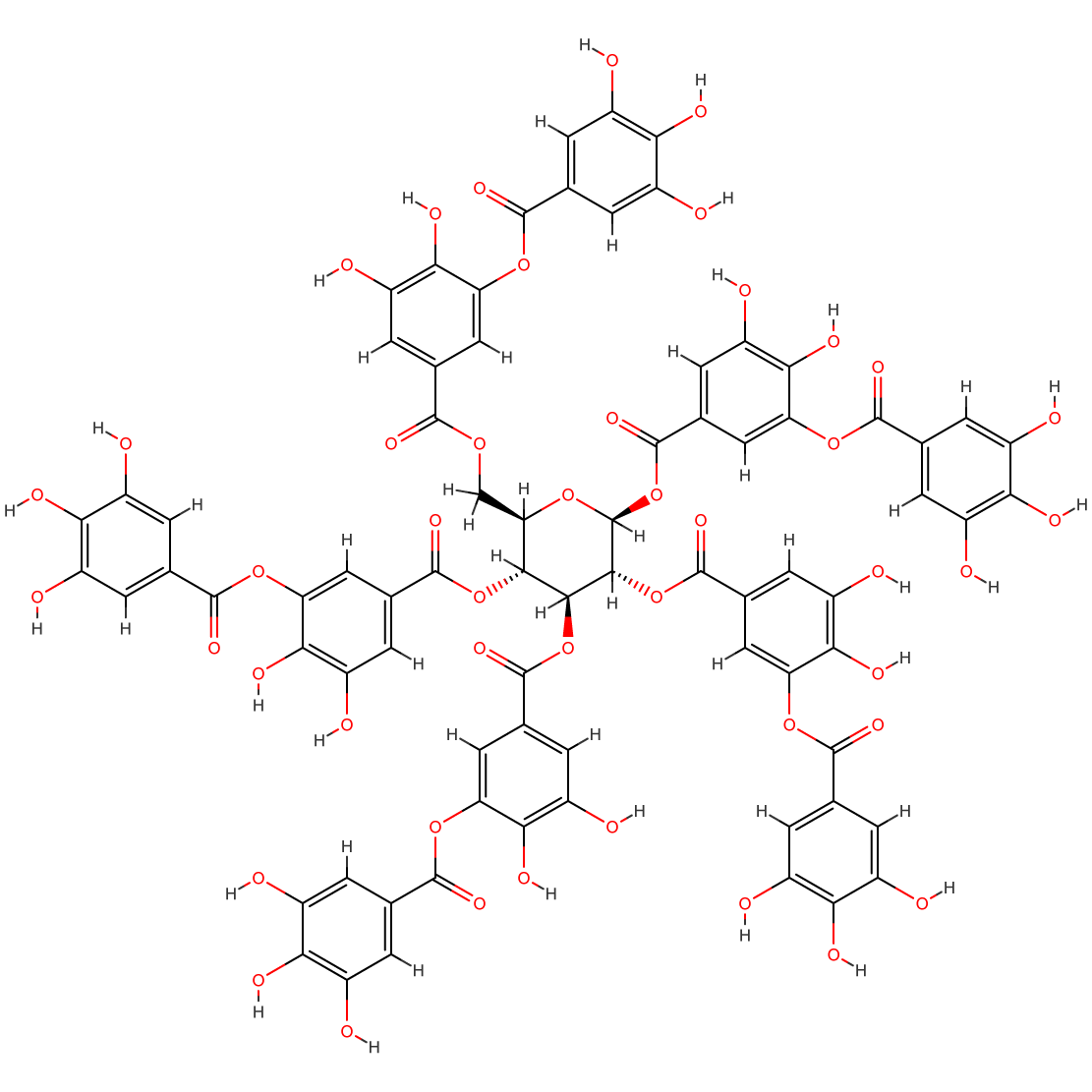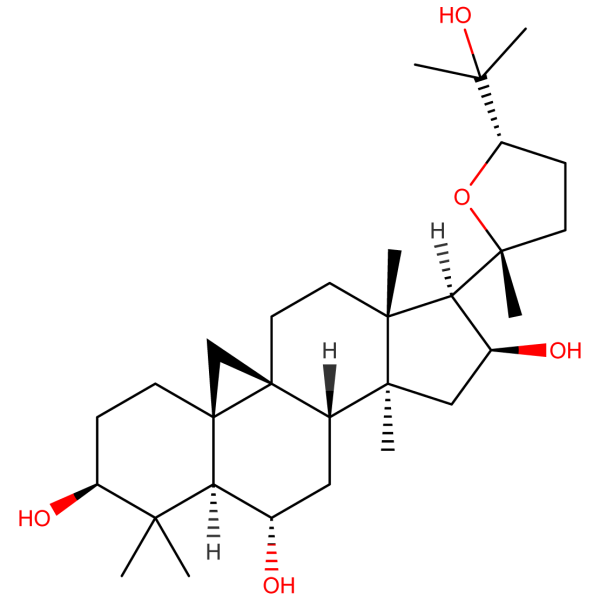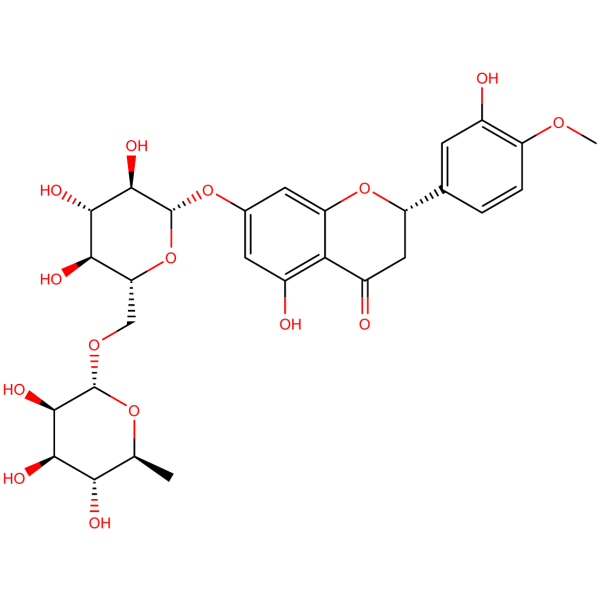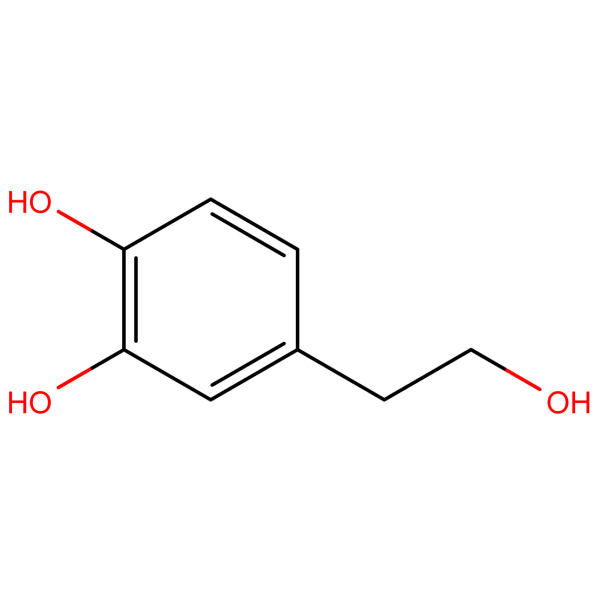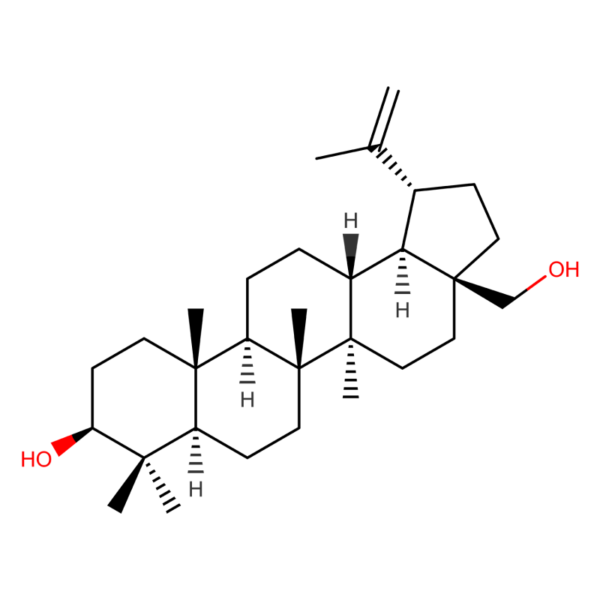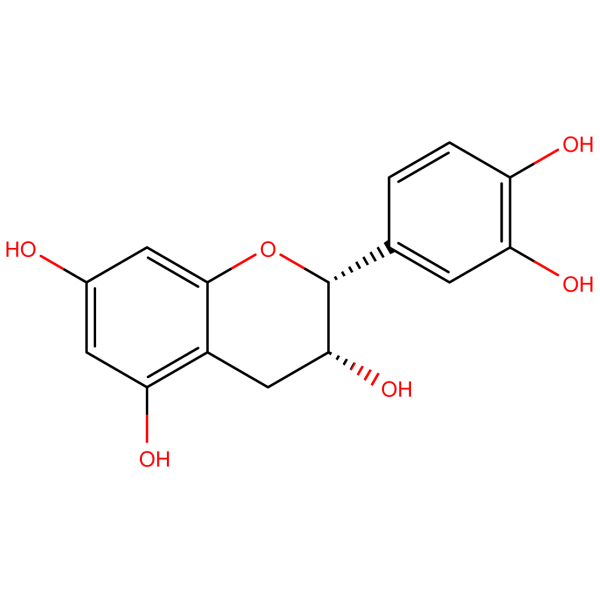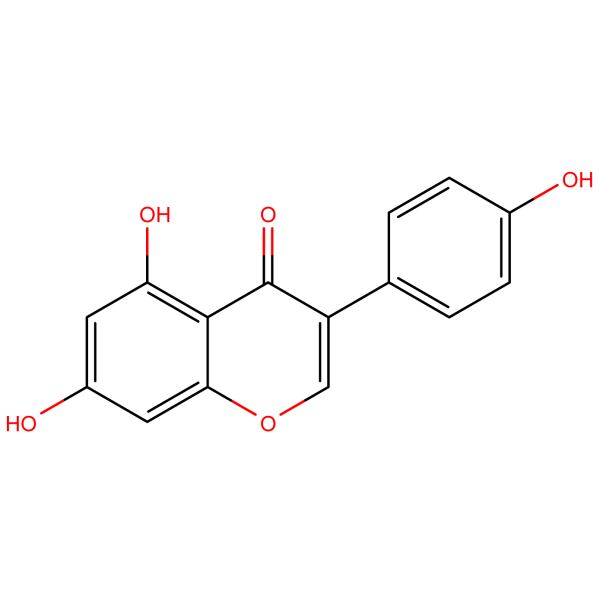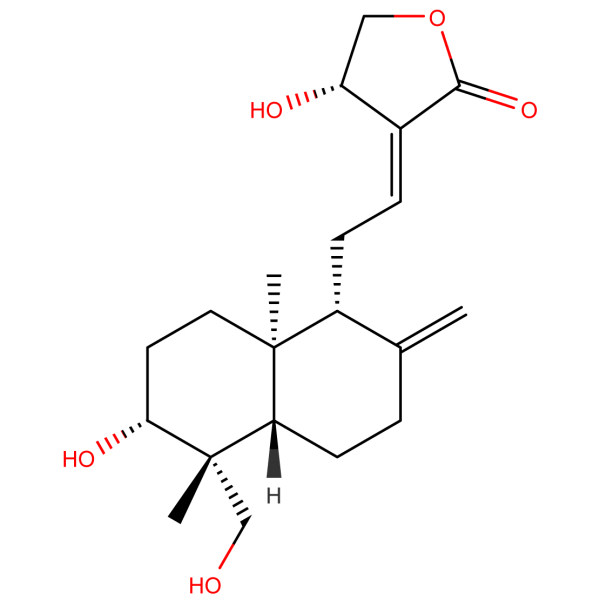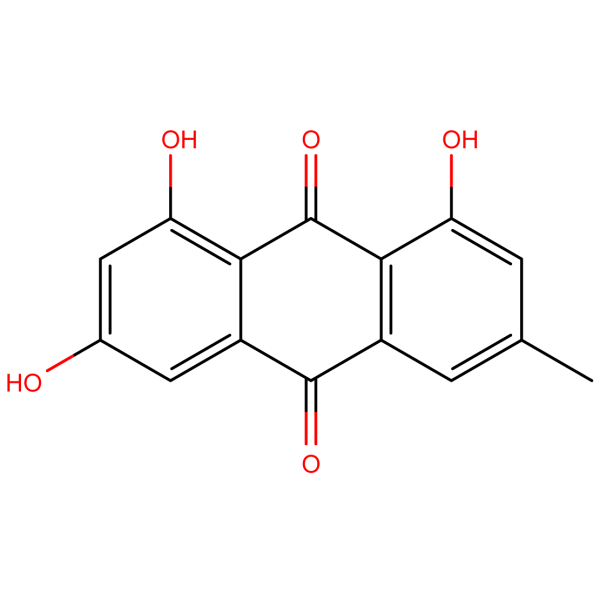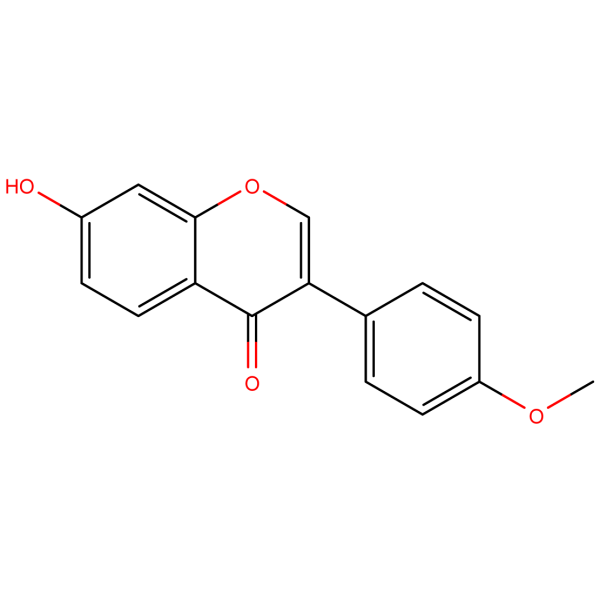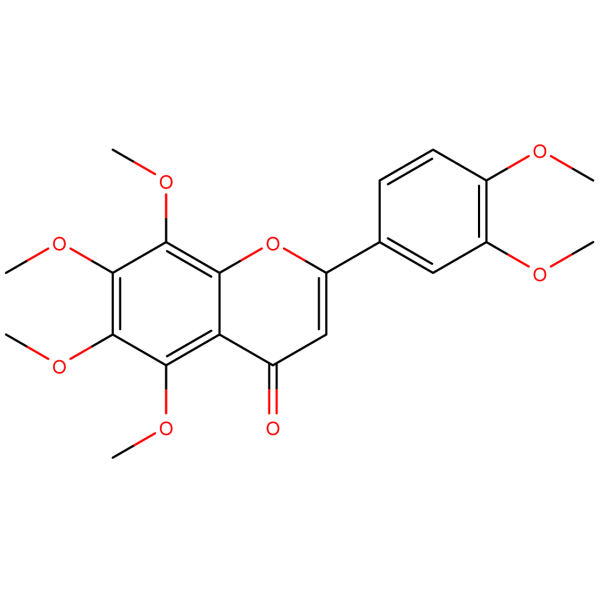Tannic Acid: Versatile Polyphenol for Advanced Biomedical and Industrial Research
1. Molecular Identity
- Chemical Name: Gallotannin
- CAS Number: 1401-55-4
- Source: Naturally occurring in various plant sources, including oak bark, tea leaves, and nuts
2. Biochemical Significance
Tannic Acid is a complex polyphenolic compound with diverse biological and industrial applications. Its unique molecular structure, composed of multiple galloyl units, contributes to its potent antioxidant, antimicrobial, and protein-binding properties, making it a compound of significant interest in pharmaceutical research, food science, and material engineering.
3. Key Properties of Tannic Acid
- Antioxidant: Exhibits strong free radical scavenging ability
- Antimicrobial: Demonstrates potential against various pathogens
- Protein-Binding: Shows high affinity for protein interactions
- Astringent: Indicates efficacy in tissue tightening and wound healing
4. Potential Research Applications
- Pharmaceutical and nutraceutical studies
- Food preservation and safety research
- Dermatological and cosmetic investigations
- Material science and biopolymer development
5. Current Research Focus
Ongoing studies are investigating Tannic Acid’s effects on:
- Cellular antioxidant defense mechanisms
- Antimicrobial resistance and biofilm formation
- Wound healing and tissue regeneration
- Nanoparticle synthesis and drug delivery systems
6. Formulation Challenges and Innovations
Researchers are actively working on:
- Enhancing stability in various pH and temperature conditions
- Developing targeted delivery systems for specific applications
- Creating synergistic combinations with other bioactive compounds
7. Regulatory Considerations
Tannic Acid (CAS 1401-55-4) is used in various industries and research settings. Its application in specific products may require adherence to relevant regulatory standards depending on the intended use and jurisdiction.
8. Future Research Directions
The scientific community anticipates:
- Advanced studies on tannic acid-based nanomaterials
- Exploration of its potential in green chemistry applications
- Investigation of its role in gut microbiome modulation
9. Collaborative Opportunities
We invite pharmacologists, food scientists, materials engineers, and academic institutions to explore the research potential of Tannic Acid. For inquiries, collaborations, or to discuss how this compound can benefit your research projects, please contact us at sales@nstchemicals.com.
Join us in advancing multidisciplinary research with Tannic Acid – a versatile polyphenol at the forefront of biomedical and industrial innovation.

